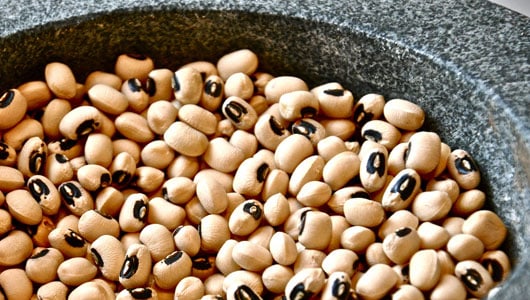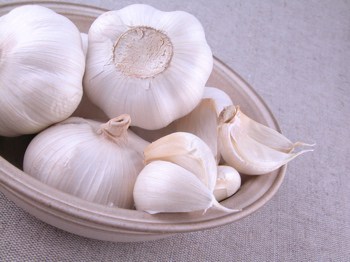An herb is a plant whose leaves, seeds, or flowers are used for flavoring food or in medicine. Other uses of herbs include cosmetics, dyes, and perfumes. The name derives from the Latin word herba, meaning “green crops.” Parsley, (Petroselinum) is a hardy biennial herb in what is known as the parsley family (Apiaceae), like anise, dill, caraway, cumin, fennel, and lovage. Parsley is probably native to southeastern Europe.
There are three main types of parsley: curly parsley(Petroselinum crispum); flat leaf or Italian parsley (Petroselinum crispum latifolium or Petroselinum crispum neapolitanum); and turnip-rooted parsley, aka Hamburg parsley or root parsley (Petroselinum crispum tuberosum). The first two are used as herbs, and the third as a root vegetable, simlar to a parsnip. Moss leaf and fern leaf parsley are other varieties.
Parsley is notably mentioned in two Ancient Greek documents. One is a poem, in which it is sought along with roses and violets.
Health Benefits of Parsley
- Raw parsley cleanses the blood, keeping it clean
- It can lessen the deposits left on the veins
- Parsley allows the elasticity of the blood vessels to stay the way they are
- Parsley is said to treat temporary deafness and ear infections
- There are benefits to eating parsley such as it can benefit the sexual side of you
- Chewing parsley can cure bad breath

